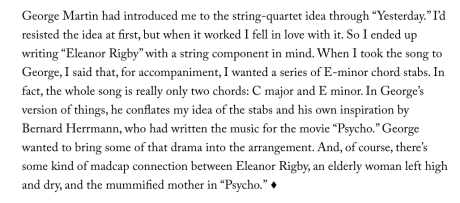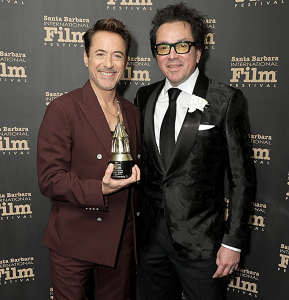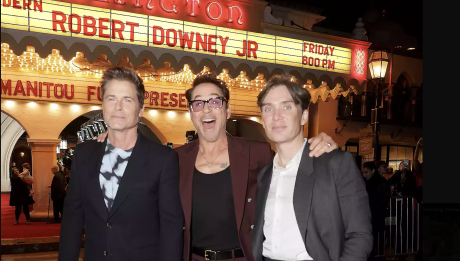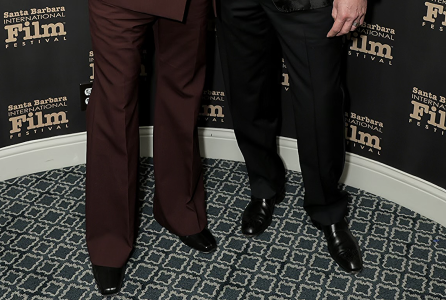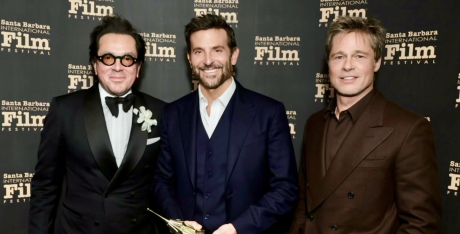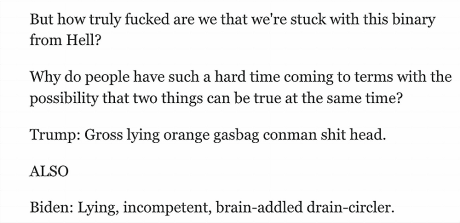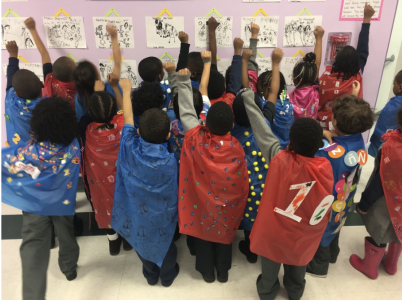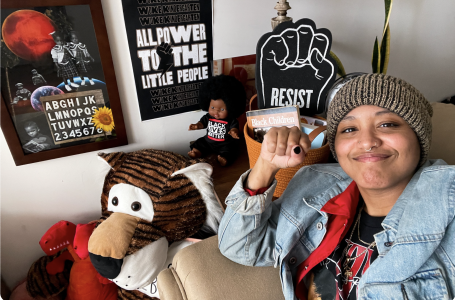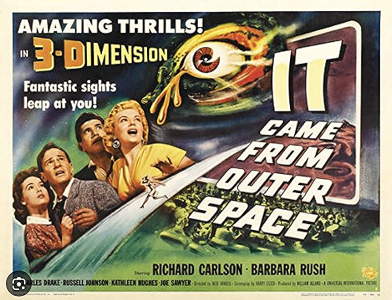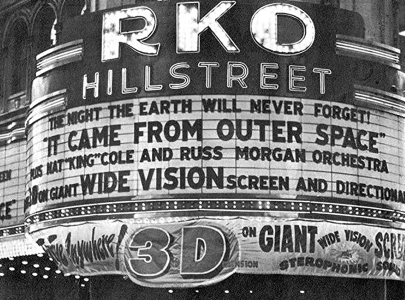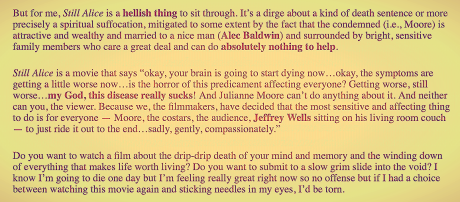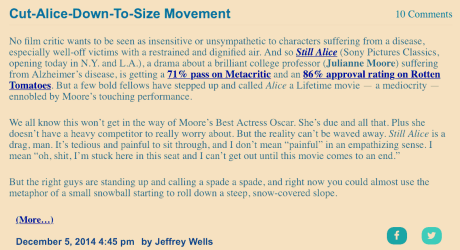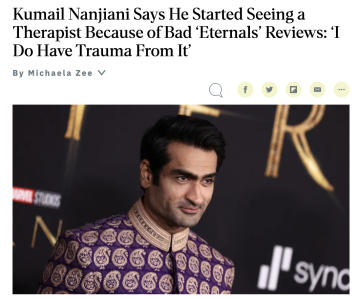It wouldn’t be fair to write about Derek Magyar‘s Flying Lessons, which opened the Santa Barbara Film Festival last night (2.4.10). I watched the first few minutes, but I had to leave to buy some cough syrup and spray. For some reason a slight cough caused by a throat tickle blew up into something worse yesterday. It was awful. So I got the damn cough syrup, came back, watched the film for another 20 or 25 minutes. And then I gave up.
I don’t have to watch a film for a half hour or 15 minutes, even, to know it’s not working. I can tell within two or three minutes. I knew Flying Lessons was in trouble within seconds. It’s one of those “who am I really?,” “I’ve made some mistakes,” “maybe I should wake up?” meditative dramas that makes you want to get a stiff drink — make that several drinks. Except I don’t like stiff drinks any more. A glass or two of wine is my limit. [Note: HE embraced sobriety on 3.20.12.]
But I needed to escape so I did, and I went across the street to a first-class Argentinian restaurant. Beautifully designed place, old Spanish flavor, etc.. And there, sitting at a small table with a friend, was Derek Magyar. And there I was with my my press badge, so I didn’t say hello. Magyar is a youngish actor. Flying Lessons is his first stab at directing. The screenwriter is Thomas Kuehl. I know how difficult it can be to make a film even half-succeed, and I didn’t want to say or do anything that would seem harsh or cruel.
So I kept my distance from Magyar and ordered my Pinot Grigio. I sat down at a table and struck up a conversation with a Swedish blonde who was wearing a long fur coat. And then a local friend, Rochelle Rose, dropped by and joined us.
Read more
